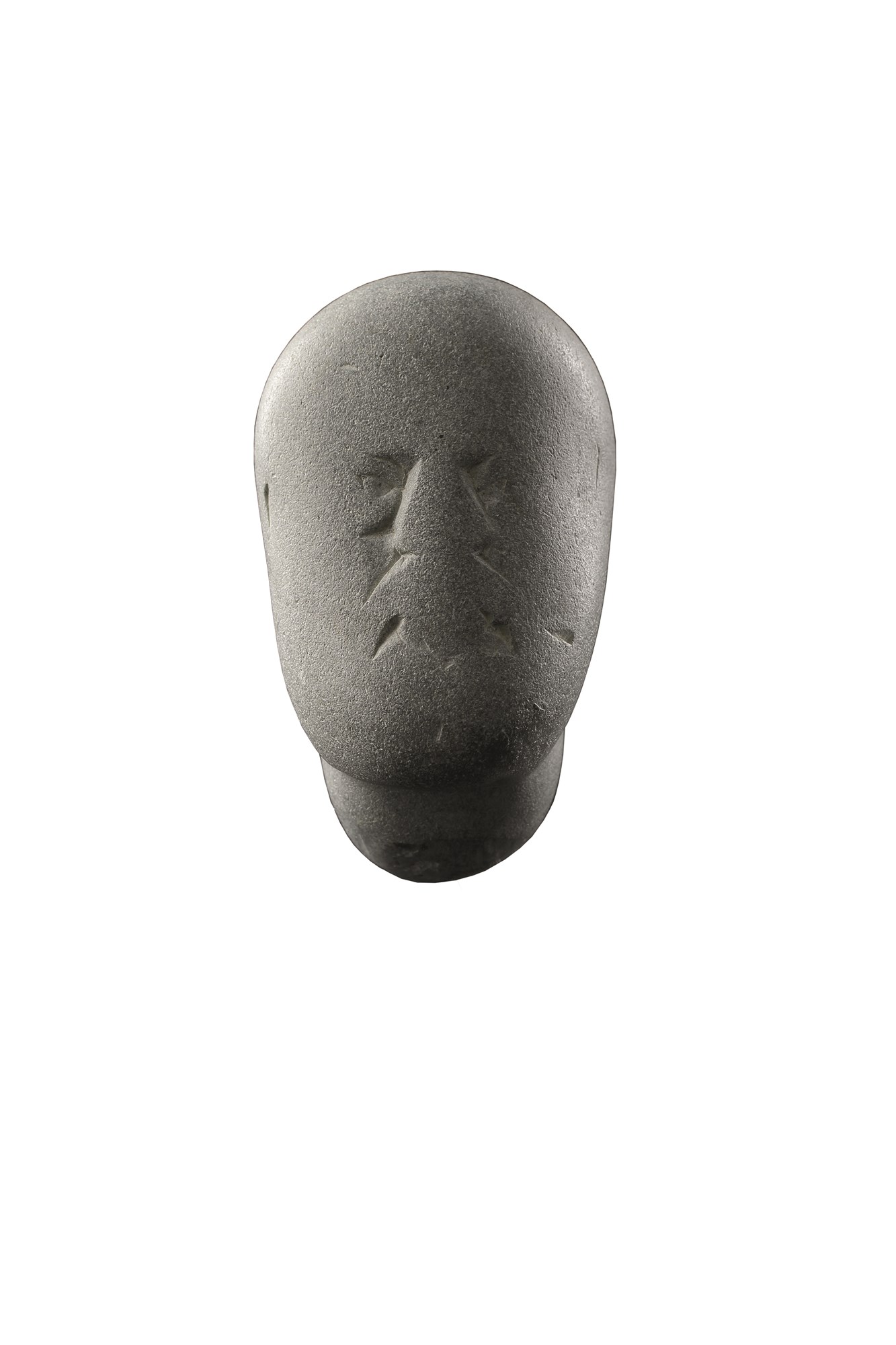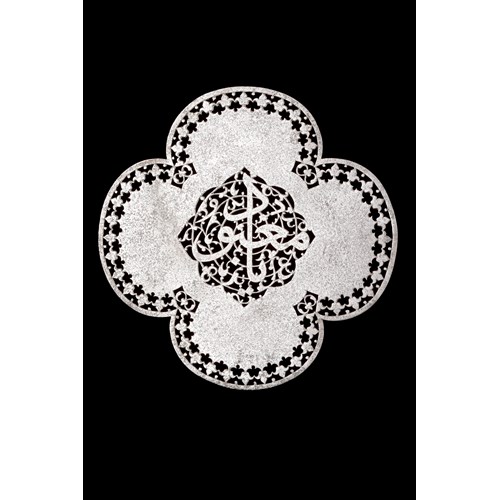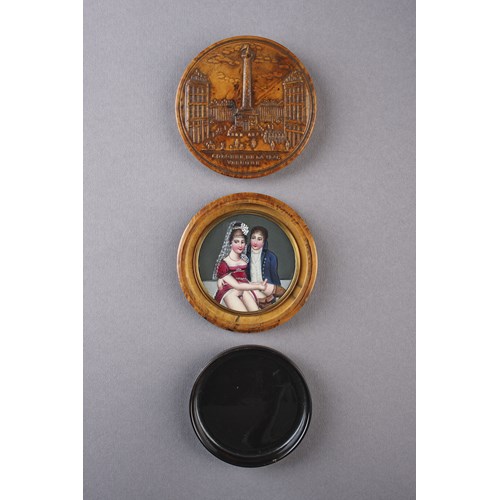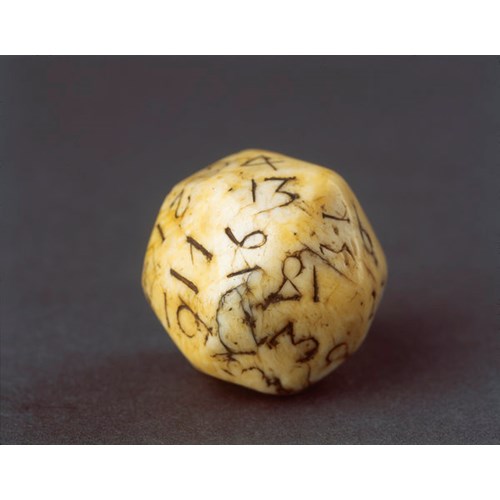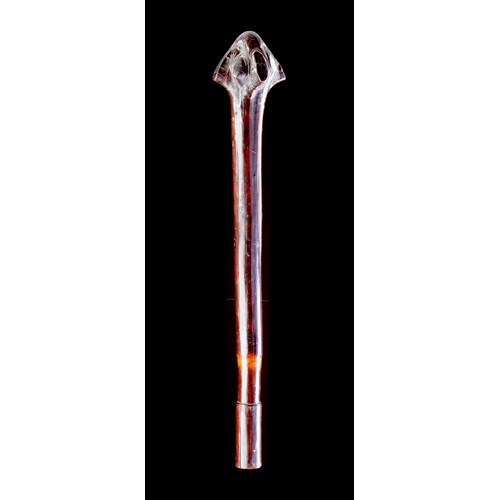An Unusual and Small Celtic Stone Head
Epoque 2nd Century BC - 1st Century AD
Medium Stone
Dimension 7 x 4 x 4.5 cm (2³/₄ x 1⁵/₈ x 1³/₄ inches)
With ‘almond’ shaped eyes, a snub nose, and ‘prominent’ moustache
Worn smooth from centuries of devotion or immersion in a river bed (?)
Stone / pebble
British
2nd Century BC - 1st Century AD
Size: 7cm high, 4cm wide, 4.5cm deep - 2¾ ins high, 1½ ins wide, 1¾ ins deep
Epoque: 2nd Century BC - 1st Century AD
Medium: Stone
Dimension: 7 x 4 x 4.5 cm (2³/₄ x 1⁵/₈ x 1³/₄ inches)
Provenance: Ex Private English collection, before 2000
Ex Important East Anglia estate
Thence by descent
Literature: The austere and abstract aesthetic portrayed by these ancient Celtic heads is both powerful and disconcerting. The minimal carving and the reduction of the heads features to essentially geometric forms shown in the expressionless lentoid eyes give the head a sense and feeling of ‘modernism’.
The head may well represent a local deity and was probably intended for ritualistic purposes as part of the Celtic cult of the head. The veneration of the human head was rooted in the Celtic religious system, which regarded the head both as the seat of soul and as capable of independent being. Its inherent powers could protect against evil and were a source of magical power and protection. The Celtic reverence for the head laid the foundation for the Christian view of the head as the locus of the soul which is the reason why the heads of Christian Saints were often preserved as sacred relics.
Plus d'œuvres d'art de la Galerie


